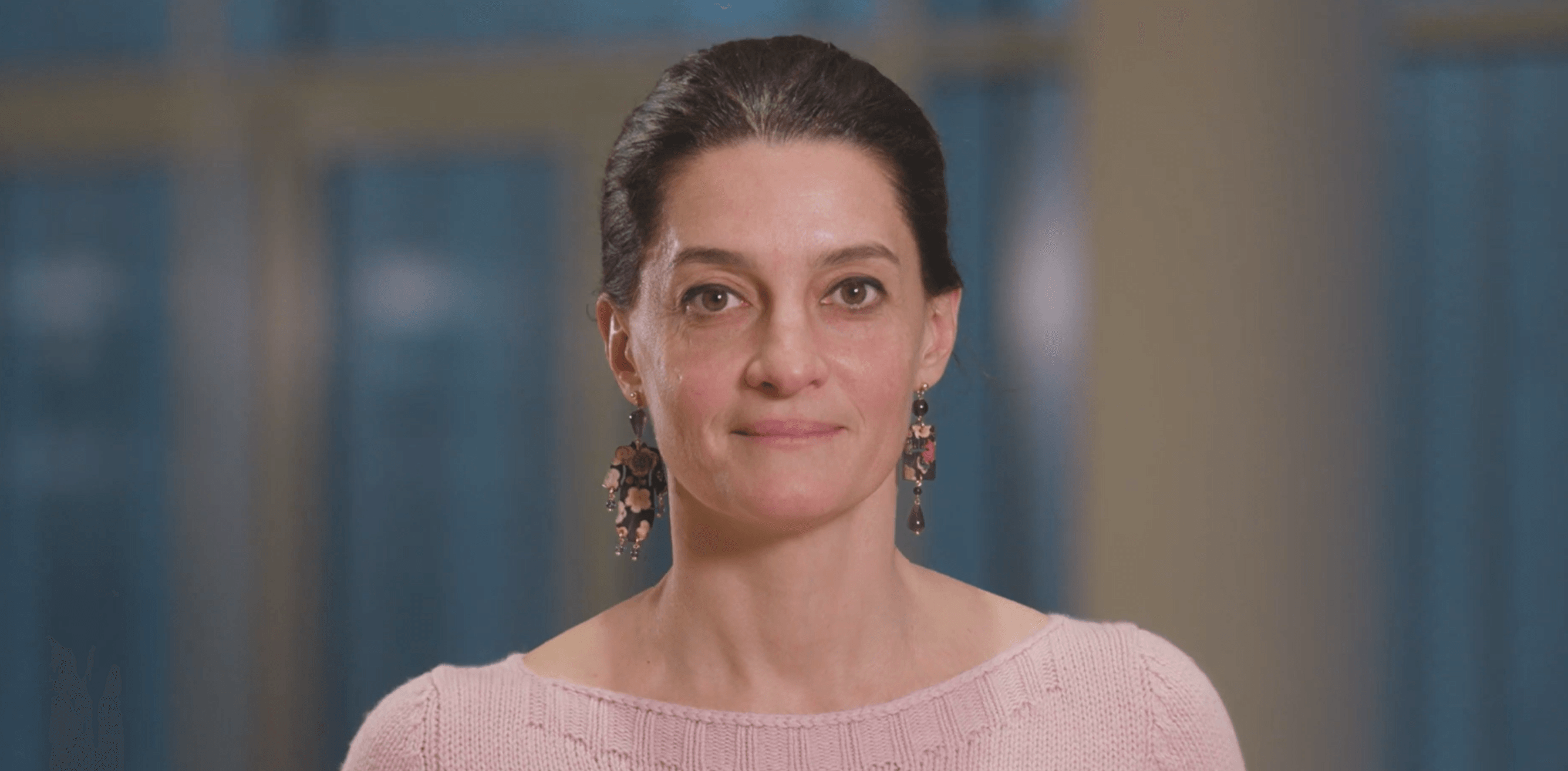
Doctorate in Business Administration
Thought Leadership.
SDA Bocconi DBA: from manager to thought leaders
The SDA Bocconi Doctoral Program in Business Administration (DBA) is a 3-year, part-time program designed for senior professionals aiming to become thought leaders by applying rigorous academic research to real-world business challenges.
Unlike generalist programs such as Executive MBAs, the DBA offers deeper specialization in management—ideal for those aiming to advance their careers, transition into academia, or pursue lifelong learning.
What sets the program apart is its world-class faculty: internationally recognized scholars who shape both academic and managerial thinking. They regularly publish in top journals, hold editorial positions, and bring hands-on experience from advising leading global companies.
These outstanding academic credentials provide a strong foundation for developing research skills that make a real impact. The flexible, part-time format is designed to fit around professional commitments, with each participant matched to an academic advisor who offers personalized guidance throughout the program.
With expert mentorship and a focus on applied research, the SDA Bocconi DBA empowers professionals to deepen their expertise, gain strategic insights, and drive meaningful change—without stepping away from their careers.
Words from the Director


Who is it for
The DBA is a 3-year part-time program aimed at successful international business professionals interested in developing the necessary skills to become thought leaders in their organizations and in their communities.by applying academic research to concrete managerial problems.
The SDA Bocconi DBA blends academic rigor with real-world relevance.
Designed for accomplished international professionals—practitioners, consultants, and policy makers—who aim to elevate their impact through research-driven insights, the program is ideal for those seeking to become thought leaders or transition into academic or advisory roles. It attracts candidates driven to tackle complex managerial challenges and create meaningful change.
DBA 2025-2028 (9th edition)
Why DBA
Highlights
Calendar and contents
10th Edition 2026 - 2029
The DBA Program lasts three years and consists of coursework and thesis work.
Coursework consists of four weeklong residential modules (Oct 2026, May 2027, Oct 2027, May 2028) held at SDA Bocconi in Milan, and four virtual modules (February-March 2027, June-July 2027, January-April 2028, June-July 2028). Residential modules run Monday through Friday, while virtual modules take place remotely between residential sessions. Recordings of virtual sessions will be available on the learning platform in case of scheduling conflicts.
Thesis work is carried out throughout the Program and materializes in the development of three deliverables: the Literature Review (to be handed in at the end of Year 1), the Thesis Proposal (to be handed in at the end of Year 2), and the Final Thesis (to be handed in at the end of Year 3).
Year 1
Residential 1: Research in organization theory and strategy
- Introduction to Epistemology
- Defining a Research Topic
- Organization Theory
- Strategy
- Conducting Quantitative Research
Virtual 1: Applied research seminars
- Applied research seminar - Organization Theory
- Applied research seminar - Strategy
Residential 2: Research in organizational behaviour, entrepreneurship and innovation
- Introduction to research design
- Writing a literature review
- Innovation and entrepreneurship
- Organization behaviour
- Conducting qualitative research
Virtual 2: Applied research seminars
- Applied research seminar - Innovation and entrepreneurship
- Applied research seminar - Organizational behaviour
Year 2
Residential 3: Research methods
- Quantitative tools for data analysis (online pre-courses)
- Developing a thesis proposal
- Developing and testing theories with data
- Conducting research using experiments
- Conducting research using surveys
- Big data for business analytics
Virtual 3: Applied methods seminars
- Method focus - Qualitative
- Method focus - Quantitative, Primary Data
- Method focus - Quantitative, Secondary Data
- Method focus - Quantitative, Big Data Analytics
Residential 4: Dissemination of science
- Communicating your research to an academic audience
- Communicating your research to a managerial audience
- Generating impact through research
- Generating impact through teaching
- Building your legacy through research
- Thesis proposal presentations
Virtual 4: Selected topics
- Diversity, equity and inclusion
- Corporate social responsibility
year 3
Special thesis related topics
This year is dedicated to the development and completion of the Thesis.
Thesis Work Timeline
- YEAR 1
Focus on Deliverables: Literature Review
- YEAR 2
Focus on Deliverables: Thesis Proposal
- YEAR 3
Final Thesis
Learning model
Faculty

What about taking the time to sit back and reflect on what your experience has taught you so far? And what about leveraging this opportunity to develop new knowledge that is both relevant to managerial practice and rigorous according to academic standards? Our DBA at SDA Bocconi is a program perfect...
Admissions
We seek highly motivated candidates, accomplished international professionals who want to combine the analytical rigour of academic research with real-world business relevance. Our rigorous selection process ensures a dynamic, diverse, and high-achieving DBA class each year— professionals who are driven to become thought leaders in their organizations and beyond, deepening their expertise through advanced research methodologies and hands-on investigation of complex management challenges.
Our goal is not only to determine whether you are qualified for the DBA program, but also to ensure that this challenging yet rewarding journey aligns with your aspirations.
Requirements:
- Degree certificate (in any discipline), transcript of the grades
- Application form
- Detailed CV/Resume
- Substantive (15+ years) professional experience
- Proficiency in English
- Statement of purpose
- Two references

Fees and scholarships
Our DBA program requires substantial commitment, but the returns, both personal and professional, are unmatched.
The tuition fee for DBA 2026- 2029 is € 96,000, payable in three installments.
Each year, SDA Bocconi School of Management offers multiple merit-based scholarships and tuition waivers to support outstanding candidates. Admission to the program is independent of of the awarding of any scholarship or tuition waiver.


Contact us
Your personalized orientation
Our Guidance & Recruitment team is available to arrange a one-to-one orientation meeting, either on campus or online, or to meet you when we visit your region. These sessions are designed to help you discover SDA Bocconi and its programs, and to provide truly tailored guidance based on your goals and aspirations.










